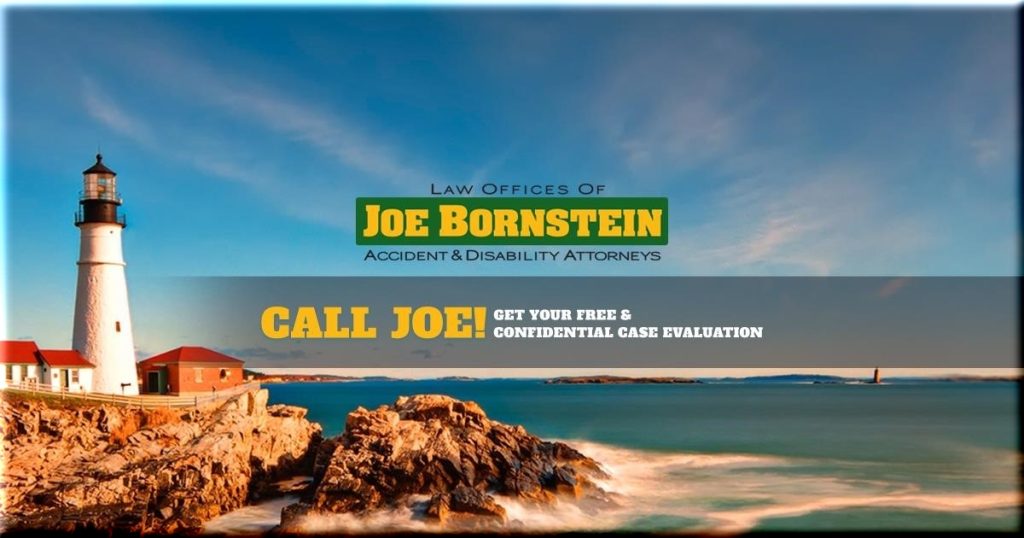Lawyer
Finding the Right Lawyer for You: A Guide to Finding Legal Help Near You
When you need legal help, you want to make sure you’re working with a qualified and experienced lawyer. But finding the right lawyer can feel overwhelming, especially when you’re dealing with a stressful situation. Fortunately, there are many resources available to help you find lawyers near you, and this guide will provide you with the tools you need to make an informed decision.
Understanding Your Legal Needs
Before you start your search, it’s important to understand your legal needs. What kind of legal help are you looking for? Are you facing a personal injury claim, going through a divorce, or starting a new business? Once you know what type of legal issues you’re dealing with, you can narrow down your search to lawyers who specialize in that area.
Finding Lawyers Near You
There are several ways to find lawyers near you. Online directories like Avvo, FindLaw, and Martindale-Hubbell are popular resources. These websites allow you to search for lawyers by location, practice area, and even client reviews. You can also find lawyers through local bar associations. Many bar associations offer lawyer referral services, where you can be connected with a lawyer who is a good fit for your needs. Don’t underestimate the power of networking and referrals. Ask friends, family, and colleagues if they know of any good lawyers in your area.
Evaluating Lawyers and Law Firms
Once you have a list of potential lawyers, it’s time to start evaluating them. Consider factors like their experience, reputation, and communication style. It’s important to choose a lawyer who has a strong track record of success in your area of law. Take the time to read online reviews, check bar association records, and look for client testimonials. The right lawyer will be responsive to your questions and concerns and keep you updated on the progress of your case.
Getting Started with a Lawyer
Once you’ve found a lawyer you feel comfortable with, schedule an initial consultation. This is your chance to ask questions and get a feel for their personality and approach. Be sure to bring any relevant documents with you, such as medical records or contracts. During your consultation, you should feel comfortable asking the lawyer about their fees, experience, and approach to your case.
Working with Your Lawyer
Once you’ve hired a lawyer, it’s important to maintain clear and consistent communication. Don’t be afraid to ask questions or express concerns. Your lawyer should be able to explain legal jargon and documentation in a way that you understand. Be sure to provide all necessary information and documents on time, and stay organized. Working with a lawyer can be a collaborative process, and a strong working relationship can help you achieve the best possible outcome in your case.
Alternatives to Hiring a Lawyer
If you’re on a tight budget or if your case is relatively simple, there may be alternatives to hiring a lawyer. Legal aid organizations offer free or low-cost legal services to low-income individuals. You can also explore options like mediation and arbitration, which can help you resolve legal disputes without going to court.
Frequently Asked Questions
How can I find a lawyer near me?
You can find lawyers near you through online directories like Avvo, FindLaw, and Martindale-Hubbell, through local bar associations, or by asking for referrals from friends, family, and colleagues.
How much does it cost to hire a lawyer?
Lawyers’ fees can vary depending on their experience, specialization, and the complexity of your case. You should discuss fees and payment arrangements with the lawyer during your initial consultation.
What should I ask a lawyer during my initial consultation?
Ask about the lawyer’s experience, their fees, their approach to your case, and their communication style. You should also feel comfortable asking any questions you have about your case.
What should I do if I am not happy with my lawyer?
If you’re not happy with your lawyer, you have the right to fire them. However, it’s important to be clear about your concerns and communicate them directly to your lawyer. You should also consult with another lawyer to discuss your options.
What are some alternatives to hiring a lawyer?
Legal aid organizations offer free or low-cost legal services. Mediation and arbitration are also options that can help you resolve legal disputes without going to court.
Conclusion
Finding the right lawyer can be a crucial step in resolving any legal issues. By understanding your needs, exploring available resources, and carefully evaluating potential lawyers, you can make an informed decision and secure the legal representation you deserve. Remember to communicate openly and honestly with your lawyer, and don’t hesitate to ask questions or express your concerns.
Learn more about us at: LovexTop
Lovextop is here to provide you with the latest legal news and insights. Please feel free to share your thoughts in the comments section below, and explore our website for more helpful legal resources.


